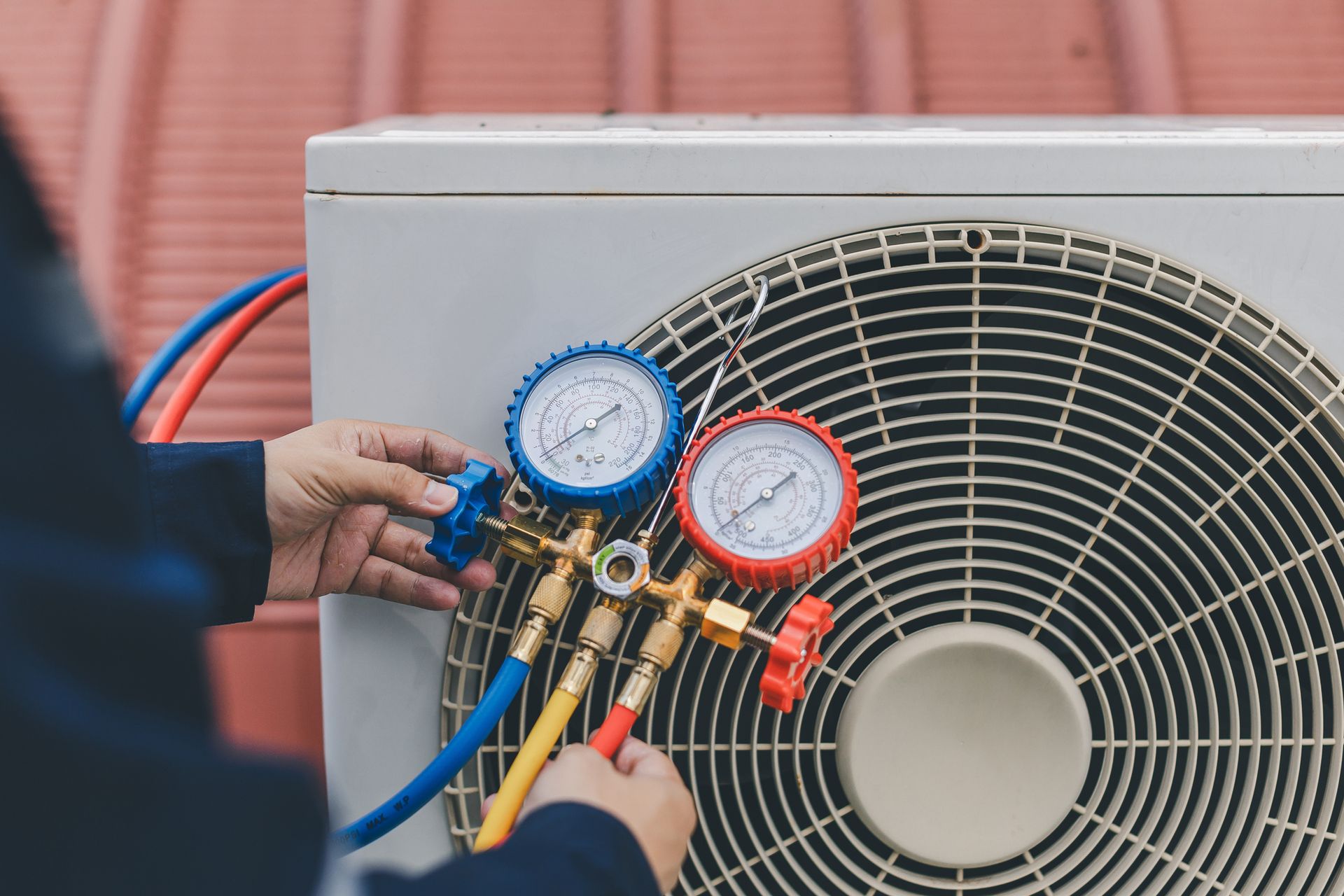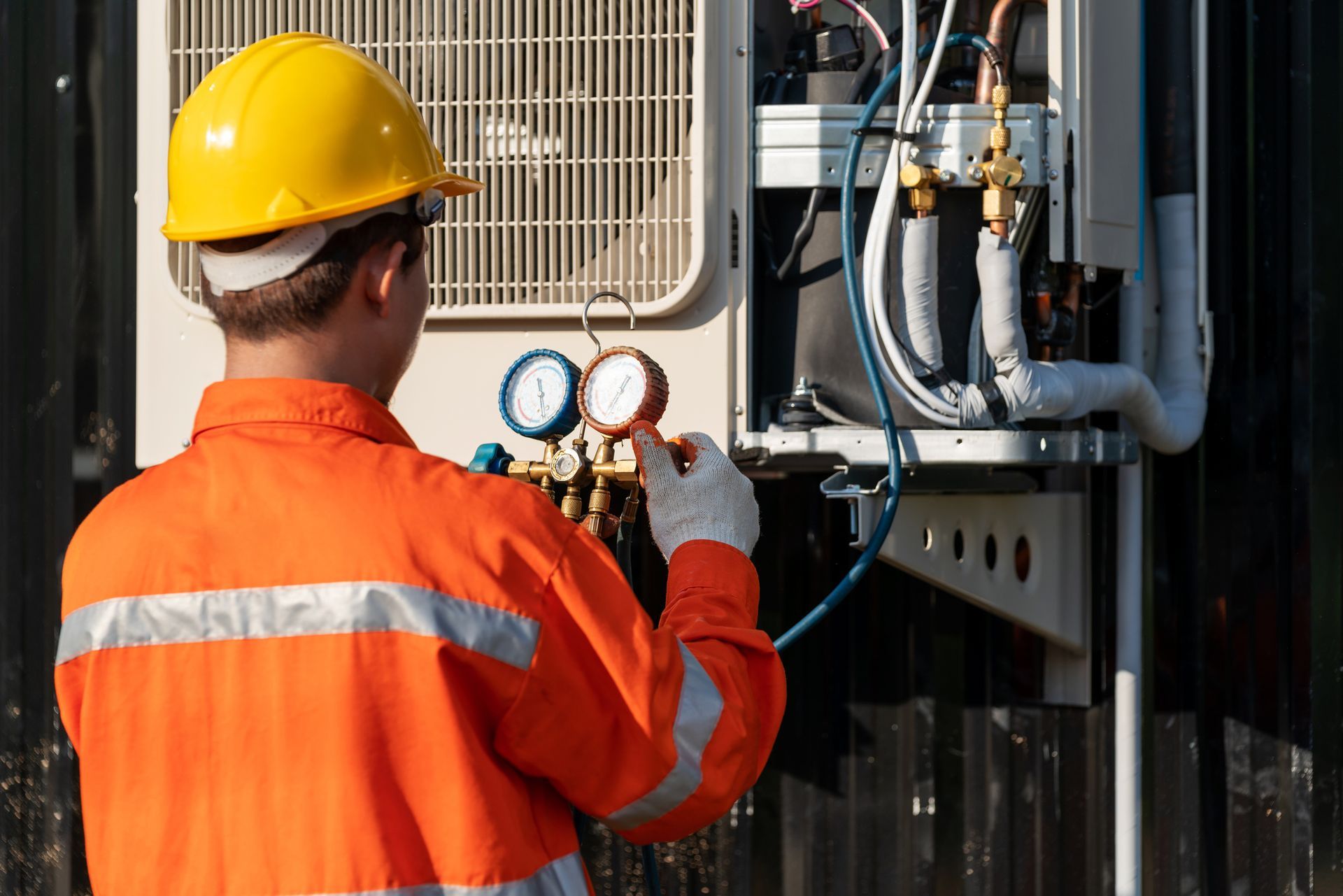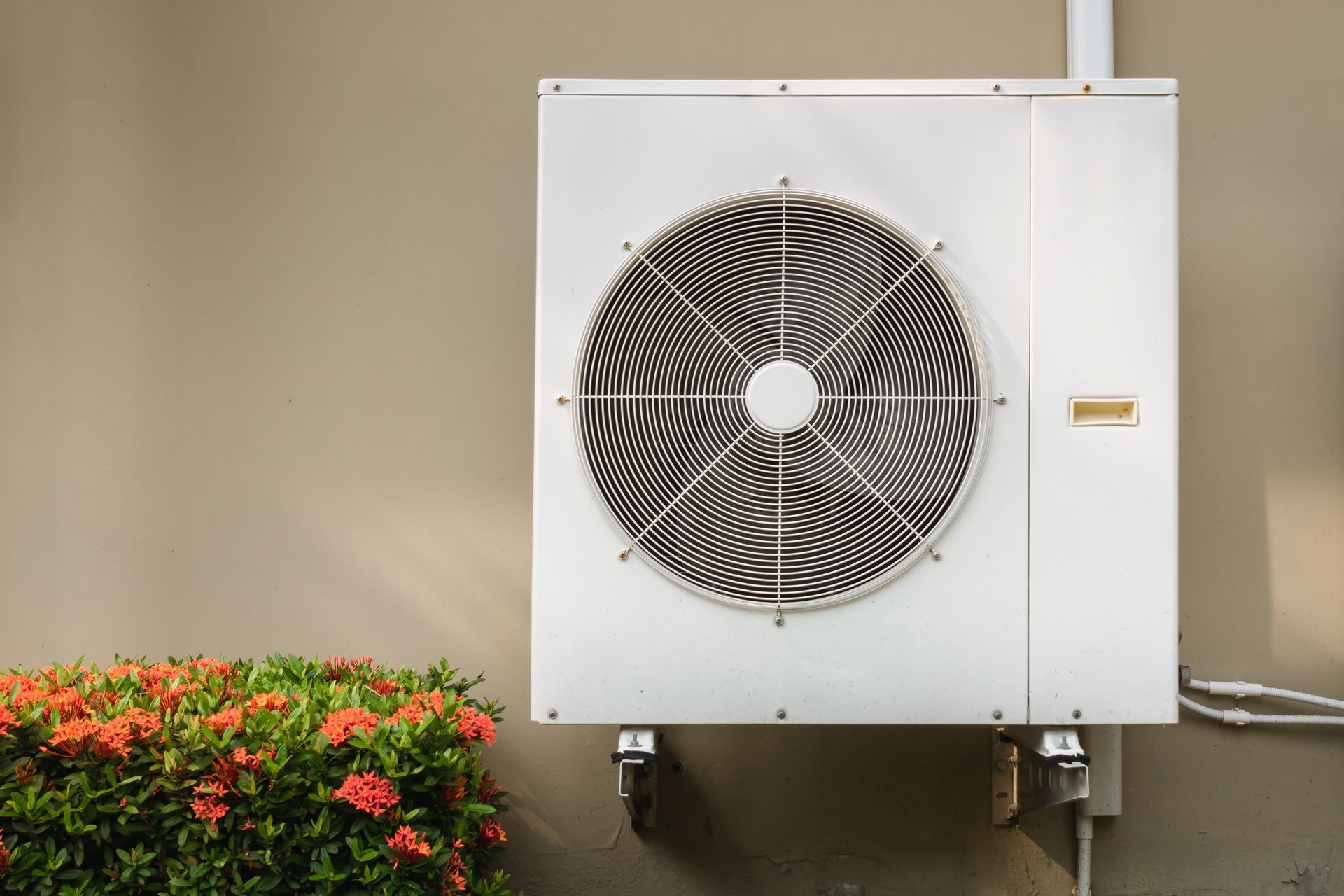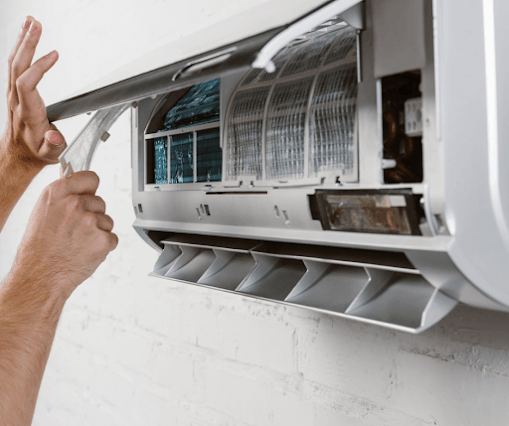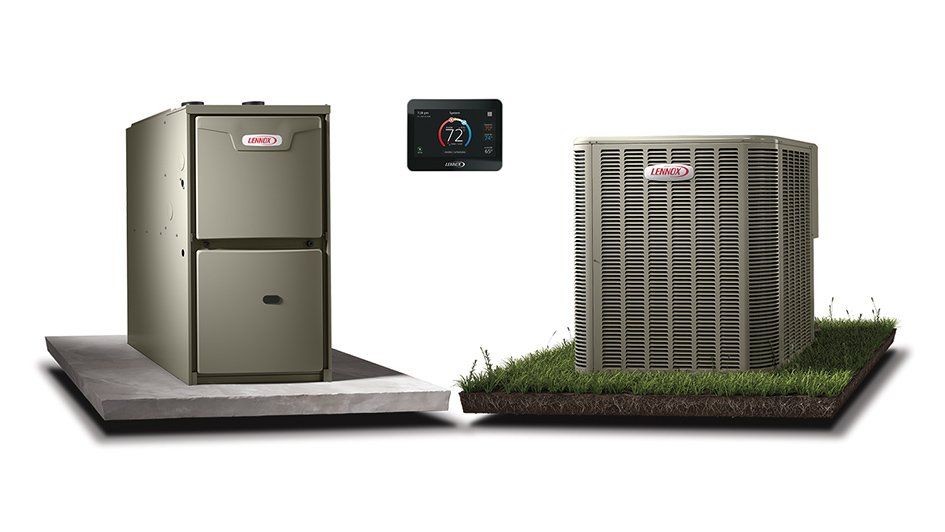What's the Best Temperature for Sleeping?
Your Body Is Designed to Cool Down During Sleep
Keep Bedrooms Warmer for Infants and the Elderly
Tips for Fine-Tuning Sleep Temperatures
If you’re having trouble reaching your ideal sleep temperature, there are a few pieces of HVAC equipment that can make all the difference. These products are particularly useful for families, since different preferences can lead to disagreements over the nighttime thermostat setting.
Zoning systems: a zoning system has a series of dampers and levers in your ductwork to redirect airflow. If you want to adjust the temperature for a specific room or space in your home, a zoning system makes it fast and convenient. Members of your family that enjoy extra heat or air conditioning at night can use a zoning system to provide their ideal sleep temperature.
Ductless mini splits: sometimes current equipment and personal preferences just aren’t compatible. Luckily, a ductless mini split can generate fine-tuned comfort for single rooms or smaller areas. As the name implies, you don’t need any additional ductwork, which helps lower installation costs. These compact systems are great for rooms adjacent to unfinished spaces like the garage or attic.
Smart thermostats: these programmable thermostats are one of the easiest ways to make precise, energy efficient adjustments to the indoor temperature. Intelligent programming can learn how you use your HVAC system and suggest the best day-to-day schedule. So if you want a cooler bedroom every night, a smart thermostat will automatically cool things down at bedtime. They’re compatible with zoning systems and mini splits as well, enhancing your control over the temperature in every room of the house.
Get a Good Night’s Sleep with Brooks Heating and Air Conditioning
If your HVAC system is the reason you can’t fall asleep, let Brooks Heating and Air Conditioning know. We can offer suggestions and quality products ideal for maintaining cozy nighttime temperatures. Schedule an appointment by calling us at 800-COOLING.


